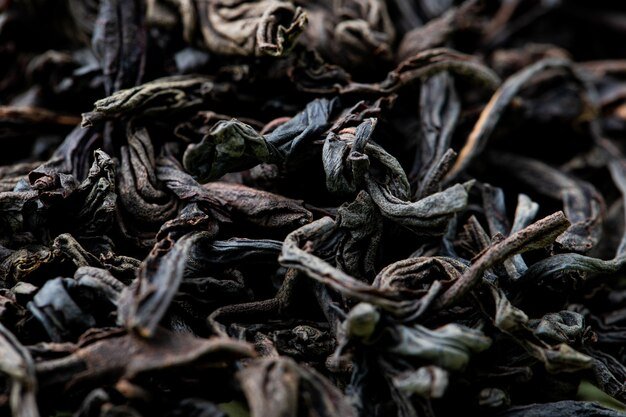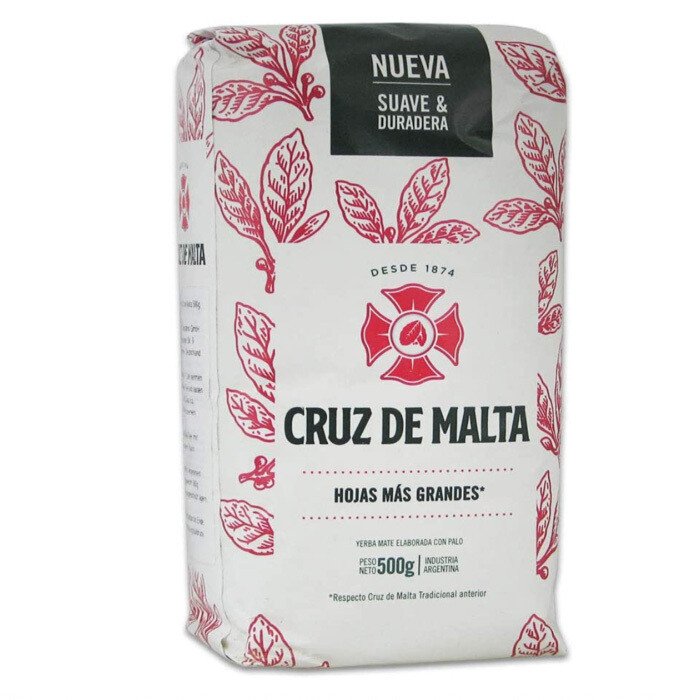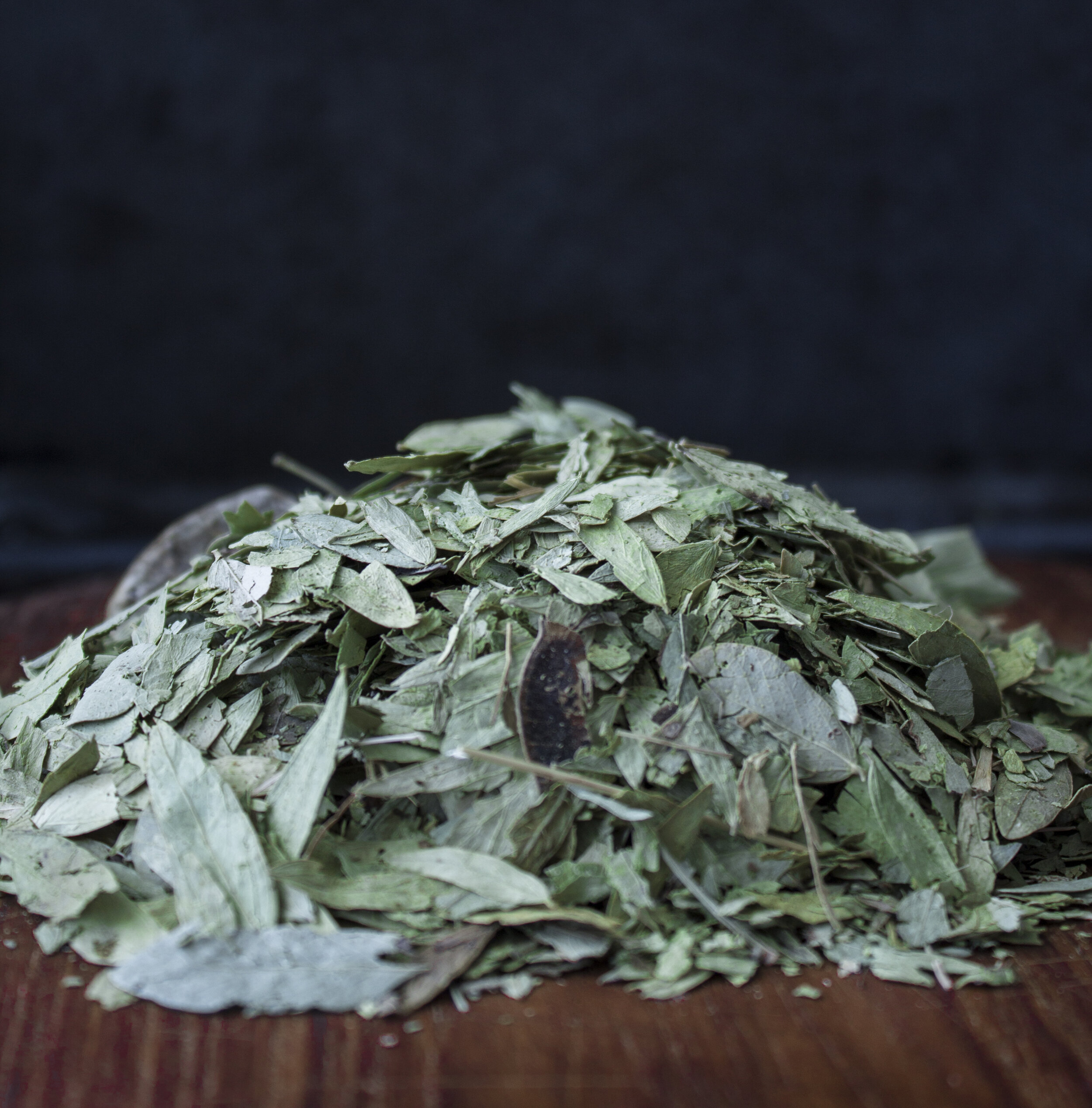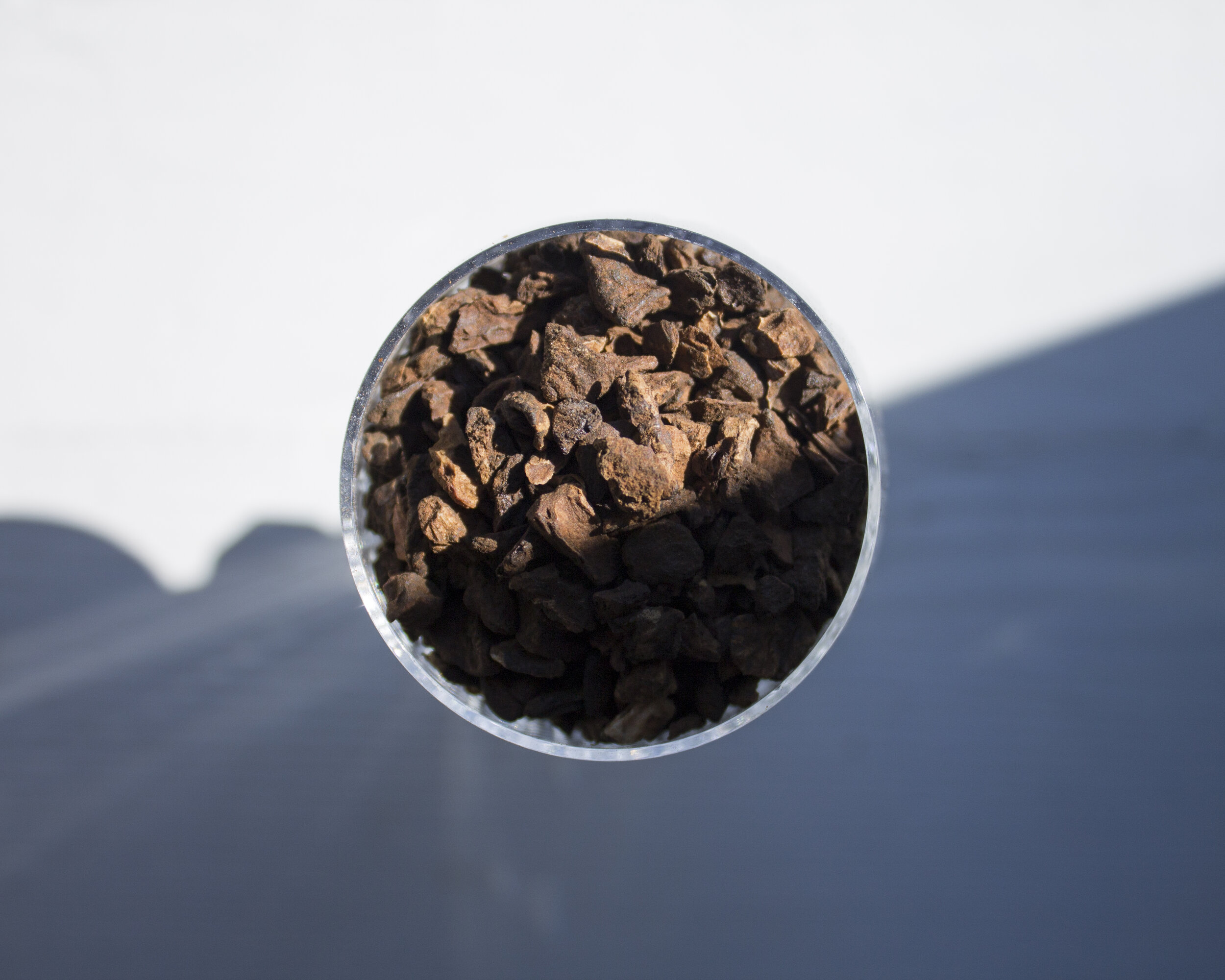Darjeeling
Darjeeling is frequently called the "Champagne of teas," with musky-sweet tasting notes similar to muscat wine. But it can also have delicate vegetal, mossy, fruity, and citrus flavours. Unlike other black teas, these are less oxidized because of the lower exposure to sunlight in the Himalayan foothills. Hence, the tea leaves are light black in colour. These tea leaves have a light aroma and a fruity essence, just like Champagne. A cup of Darjeeling tea offers a delicate, flowery scent.
100g
Darjeeling is frequently called the "Champagne of teas," with musky-sweet tasting notes similar to muscat wine. But it can also have delicate vegetal, mossy, fruity, and citrus flavours. Unlike other black teas, these are less oxidized because of the lower exposure to sunlight in the Himalayan foothills. Hence, the tea leaves are light black in colour. These tea leaves have a light aroma and a fruity essence, just like Champagne. A cup of Darjeeling tea offers a delicate, flowery scent.
100g
Darjeeling is frequently called the "Champagne of teas," with musky-sweet tasting notes similar to muscat wine. But it can also have delicate vegetal, mossy, fruity, and citrus flavours. Unlike other black teas, these are less oxidized because of the lower exposure to sunlight in the Himalayan foothills. Hence, the tea leaves are light black in colour. These tea leaves have a light aroma and a fruity essence, just like Champagne. A cup of Darjeeling tea offers a delicate, flowery scent.
100g
100g






